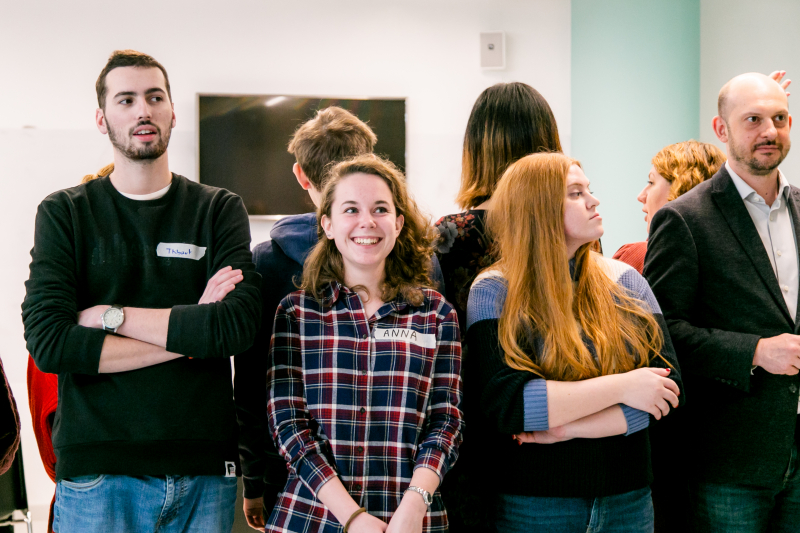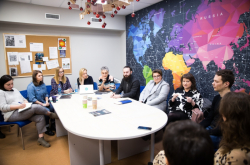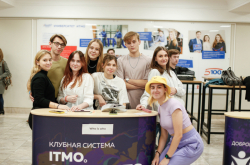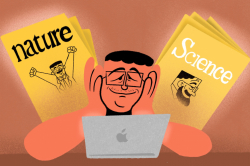One of the unique elements of ITMO University’s educational experience is that students can create their own individual learning tracks. Beyond the core subjects and electives offered to students, there are also university-wide optional courses that any student at ITMO can take. In doing so, you have the opportunity to meet and work with fellow students outside your usual study and social groups. Students of different levels of study and from different programs can get to know each other and gain new knowledge and skills in sometimes completely new areas. These courses are available for Bachelor’s and Master’s students.
Even if they’re not a part of your educational program, these courses will be included in your Diploma Supplement (should you choose to include them). Of the 61 optional courses offered in the 2022 spring semester, 9 will be taught in English.
Courses available in English this spring semester
- Development of Critical Thinking Skills for Intercultural Communication
- Environmental Foundations for Sustainable Development
- IELTS Academic / IELTS Extended Academic
- Intercultural Communication
- Introduction and History of English Literature
- Organization of Voluntary Work and Interaction With Socially-Oriented NPOs
- The Country Studies of the UK and the USA
- Translation and Interpreting Studies
- World Through Critical Thinking
You can sign up for these optional courses at my.itmo.ru as soon as they become available at the beginning of the semester. Students can choose no more than two optional courses a semester and have the right to withdraw from a course within the first two weeks of the semester. The schedule of the optional courses will be available soon on the Student Services website.
Towards the end of the 2021 fall semester, lecturers and mentors at ITMO were offered the opportunity to develop proposals for a pool of optional courses. Among the approved courses, 13 were developed by students for students (as members of the ITMO.Mentors initiative).
Credit: ITMO.NEWS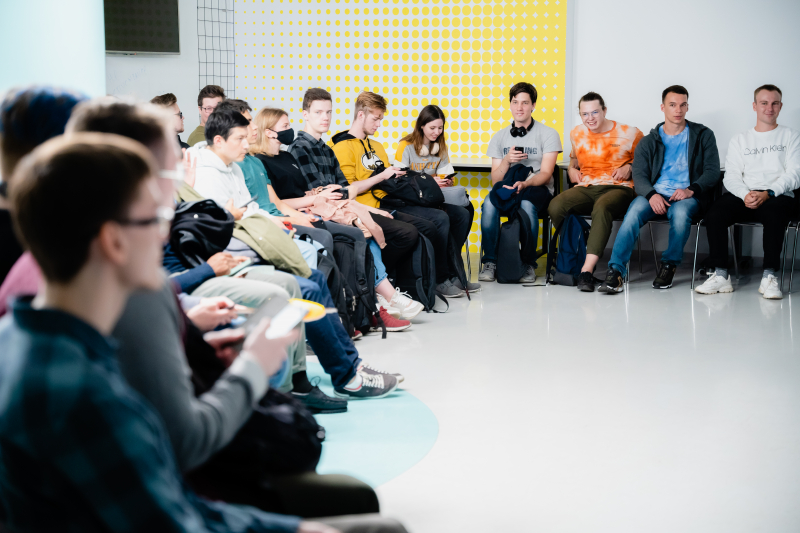
For those interested in intercultural communication, for example, there are a few courses aimed at developing this highly sought-after skill. Intercultural Communication is a six-week crash course intended on helping students learn how to build a comfortable international environment at the university and in their future careers. From the beginning of the course, each student is paired up with a student of our Russian language Foundation Program to learn about their culture and think about how to help integrate them into life at ITMO University and St. Petersburg. They analyze the students’ needs, create a cultural profile, and design an action plan. The lecturers of this course have first-hand experience of studying and working in different countries, as well as working directly with international students and professors in St. Petersburg, so the classes promise to be active, engaging, and full of interesting stories.
The Translation and Interpreting Studies course, offered by a team of teachers from ITMO’s Foreign Language Training Center and beyond, also builds skills that contribute to intercultural communication:
“At ITMO, our English courses are focused on the communicative approach, which is highly effective in terms of language acquisition, but we don’t teach grammar-translation skills,” explains Inna Anokhina, head of the Translation and Interpreting Studies course. “Translating from one language into another builds up your ability to analyze, to compare, to detect information, and to critically evaluate it. In this course we are going to translate from Russian into English and from English into Russian, but also we are going to translate texts from different historical periods.”
Inna Anokhina. Credit: ITMO.NEWS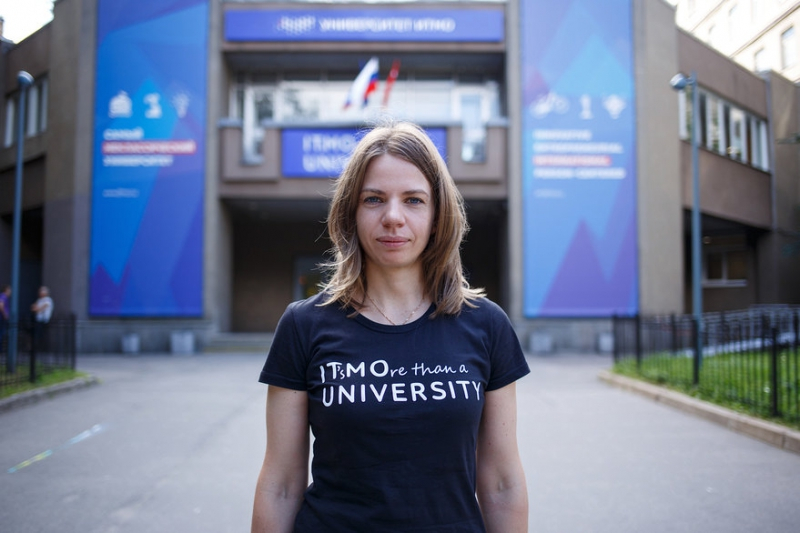
Nadezhda Pirogova from ITMO’s Foreign Language Training Center incorporates some elements of critical thinking into her English classes and has found that students were particularly interested when discussing intercultural issues. To meet that demand, she has designed a course titled Development of Critical Thinking Skills for Intercultural Communication. The course helps students think critically about what they’re learning as they explore language, culture, and their own real-life experiences. By the end of the course, students will be able to improve their critical thinking skills on their own.
Critical thinking is also explored in the World Through Critical Thinking course, offered by Evgenia Windstein from ITMO’s Foreign Language Training Center together with Richard Smith, a native English speaker from the United States. She was inspired to develop this course based on something she had heard from ITMO’s Rector Vladimir Vasilyev: “Lecturers are expected to be not merely experts teaching a specific subject, but also influencers who are willing to exchange knowledge, life experience, and skills with the younger generation.”
“Today, when we all are exposed to an avalanche of often questionable information, it is vital for people of all ages to understand how to filter this data so as not to fall for fake news,” she explains.
Students of this course will develop analytical skills necessary to see a bigger and clearer picture of the world, they will also have the opportunity to build up their English vocabulary.
Credit: Evgeniya Surova for ITMO University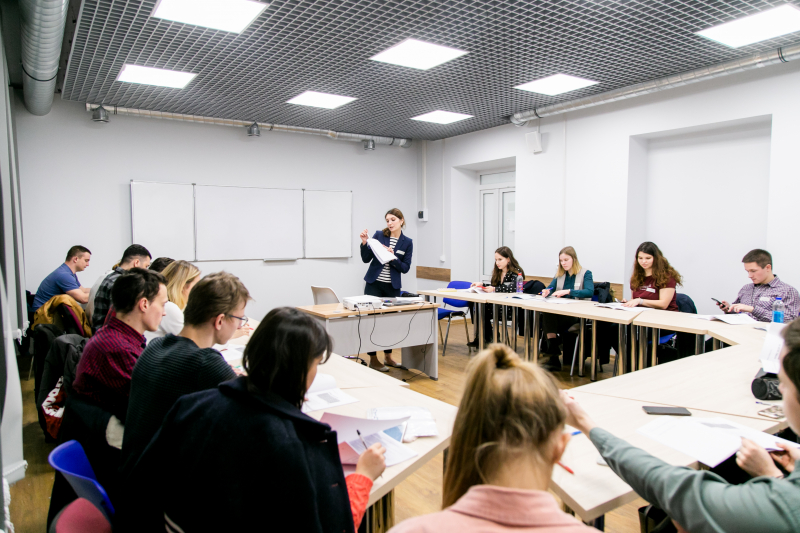
Another common issue we are facing today is the plethora of global environmental problems. Aziza Oripova, a lecturer at ITMO’s Faculty of Energy and Ecotechnology, has launched the Environmental Foundations for Sustainable Development course to help students explore current environmental problems, ways to reduce the negative effects of these problems, and develop their skills in the field of sustainable development.
“Students will learn the principles and concepts of green building, circular economy, resource efficiency, alternative energy, recycling and waste treatment technologies, and much more,” explains Aziza. “I expect that students will use these skills and knowledge to design and evaluate their scientific and professional projects from the perspective of sustainable development. And if this knowledge will help them to reduce their carbon footprint, it will be an additional bonus.”
If you have any questions about university-wide optional courses, feel free to write to: facultative@itmo.ru
